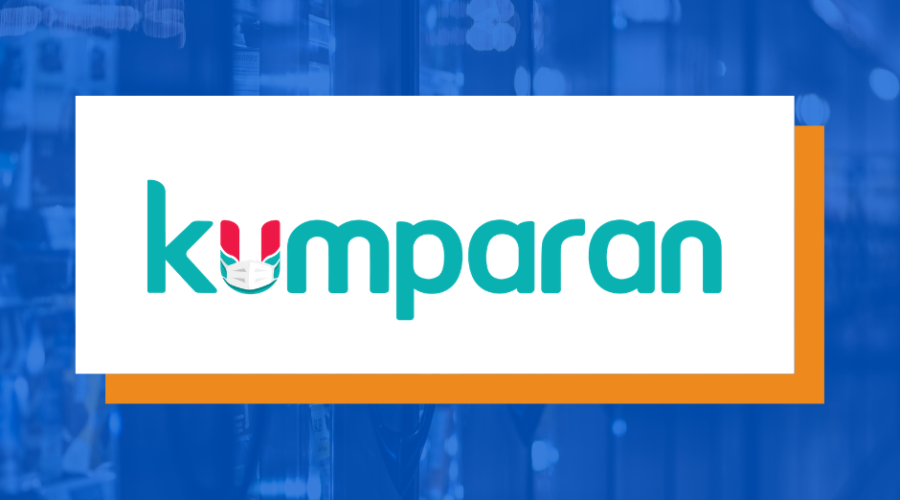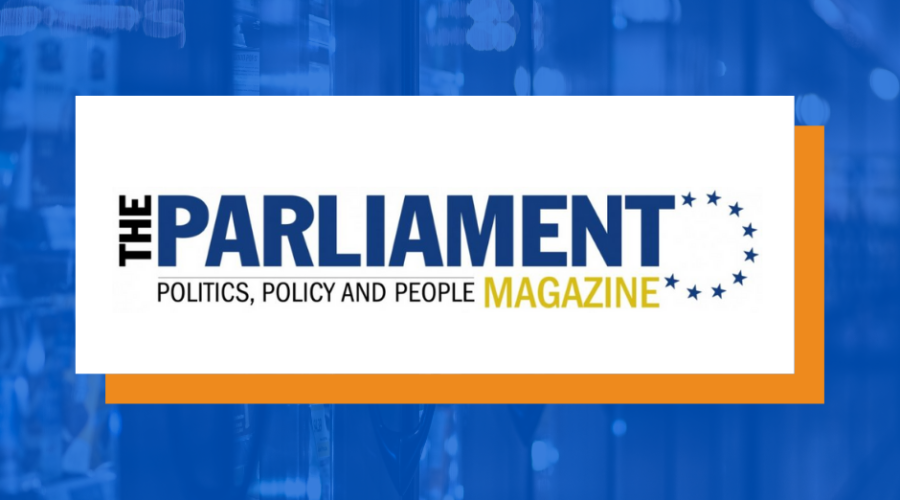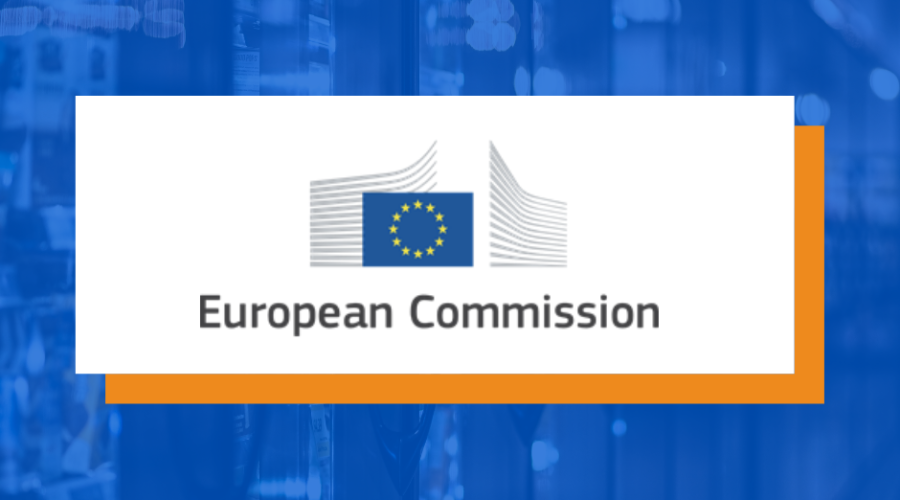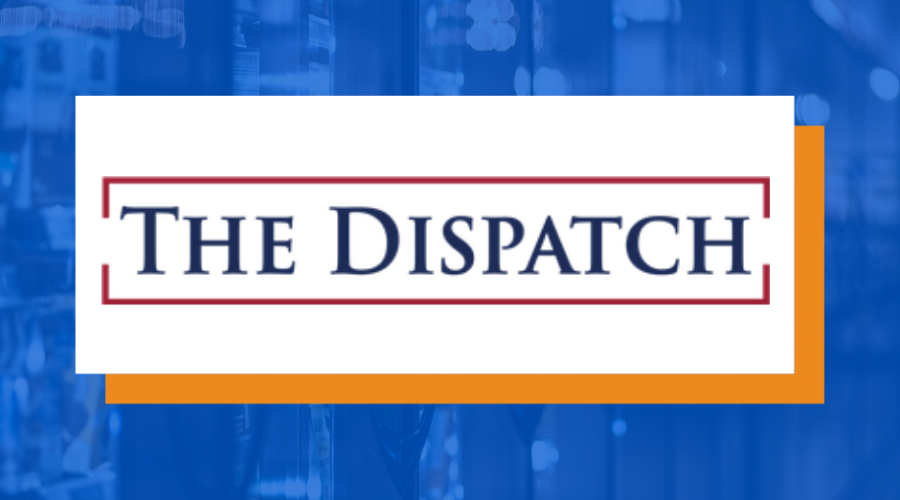Vape shop operators: A tax on our products amid Covid-19 pandemic will kill business
KUALA LUMPUR, Nov 27 ― The vape culture in Malaysia has seen tremendous growth since its introduction here about nine years ago. It has been reported that the value of the vaping market here is estimated at RM2 billion.
An estimated one million people smoke e-cigarettes or vapes in Malaysia and most rely on their neighbourhood vape shop for their “juice” or vape liquids. There are a myriad of choices of brands and flavours as Malaysia is one of the leading producers of vape liquids worldwide.
Finance Minister Datuk Seri Tengku Zafrul Abdul Aziz, in his maiden Budget speech on November 6, proposed imposing excise duty on electronic, non-electronic cigarette devices and vape liquids beginning January 2021.
He said the government will impose excise duty at a rate of 10 per cent on all types of electronic and non-electronic cigarette devices, as well as 40 sen per ml (millimetre) when it comes to the sale of vape liquids.
Malay Mail spoke to several e-cigarette and vape shop operators to find out what they think about this new vape tax. The consensus seems to be that the timing is wrong as everybody is still reeling from the devastating economic effects of the Covid-19 pandemic.
They suggested that the government postpone the imposition of the tax to a later date.
Mohd Hiekal bin Rosli, owner of Molek Vape Store on Jalan Ipoh, said that while he welcomes the tax as it will help regulate the industry, the government skipped a few steps when tabling this ruling.
“An Act should be put in place first and they should streamline the issuing of licences for vapes and all its related products. Right now, the health ministry doesn’t even issue licenses.
“How can you impose tax for something that people cannot get a licence to sell in the first place?” he questioned.
All nicotine products fall under the purview of the Poisons Act 1952, and no licence has been issued by the health ministry for vaping products in the country.
Hiekal added that while the 10 per cent excise duty on e-cigarettes and vaping devices is fair, the 40 sen per ml on vape liquids is a bit much, sharing that the price hike after the tax for liquids would be a deterrent.
“Forty sen per ml is actually quite high. Most vape juices I sell come either in 10ml, 30ml or 60ml boxes; imagine one 60ml bottle costs an average RM40, and at 40 sen per ml, that brings the total price to an additional RM24 on top of the price of the juice itself.
“We are afraid that the tax may chase away what remains of my customers ― some who face rough conditions because of the economy right now during Covid-19. Push it back until the coast is clear, then implement it by all means,” he said.
Although Hiekal thinks the 40 sen per ml tax on vape liquids is quite high, checks on a similar tax on vape liquids in other countries shows this is actually quite low.
At the corner of Jalan Raja Abdullah and Jalan Raja Muda Musa in Kampung Baru is Puppetborn Vape Store. Run by 25-year-old Lokman Hakim bin Mohd Yusof, this little vape store supplies Kampung Baru and its close neighbours with their e-cigarette and vaping needs.
Lokman shared that vaping is a lifestyle, just like smoking. And like cigarettes, no matter how high the tax, there will always be a demand.
“A lot of my customers switched over to vapes because one, it’s healthier than smoking cigarettes, and two, it’s cheaper! What’s going to stop those who switched from cigarettes to vapes to switch back, because it’s going to be almost the same price!,” he exclaimed as two of his customers nearby chuckled on hearing the dismay in his voice.
He added that while he agrees the implementation of a tax is a good thing for the country’s economy, the government should consider waiting until after the Covid-19 pandemic is over to impose the tax.
“Right now, I still have demand for vapes and its products but I know if they implement it before Covid-19 is over, we’re going to have a hard time surviving. Those big chains will nonetheless survive, but us small shops who serve a small neighbourhood… we won’t,” he added.
Amir Abdulah, store manager of NCiG’s flagship store in Desa Sri Hartamas, said that the company’s vision of helping people quit cigarettes may be impaired as the taxes may drive away customers.
“Here at NCiG, our motto is to improve the quality of life for smokers and their families by putting an end to cigarette addiction forever, by encouraging the use of e-cigarettes which have less toxins and chemicals compared to cigarettes, and are less harmful overall.
“The implementation of the tax may chase away some of our clients who have been trying to live a healthier life,”he shared.
Amir fears the implementation of the tax will just push people back to smoking cigarettes, as the pricing will be almost equivalent.
A 2020 report by an American advocacy group, the Consumer Choice Center, recently debunked the common belief that “vaping is the gateway to smoking for adults and adolescents” but instead is designed to offer smokers a safer way to consume nicotine and divert them from traditional and harmful tobacco consumption.
Amir added that he fears that it is too soon for such a tax as most operators are barely hanging on due to the devastating effects of the pandemic, and that the market needs more time to recover first.
“We need time to recover, we were closed for a month before this because of Covid-19, and have yet to recover from that lost time,” he said.
Originally published here.










